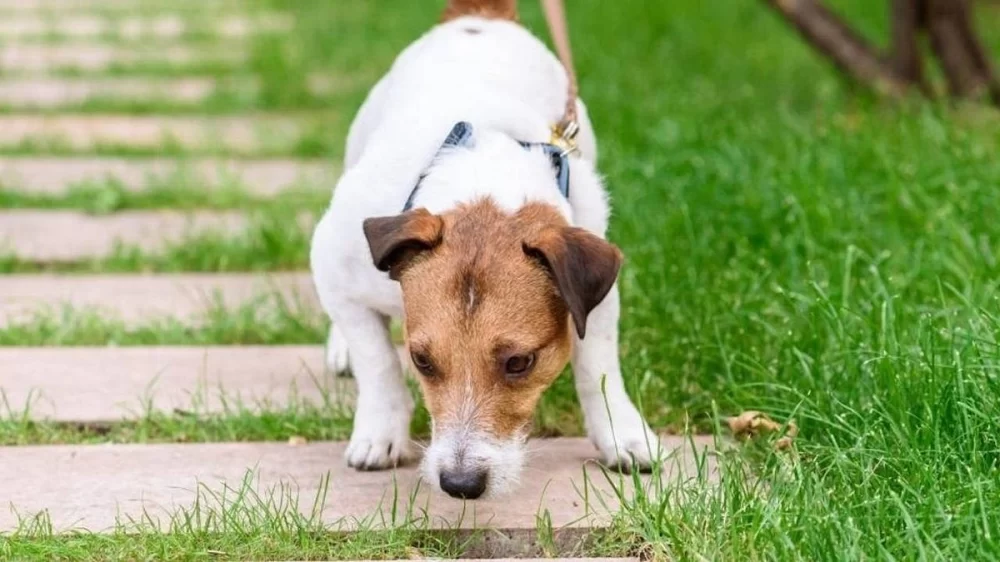- understanding-the-unique-challenges-of-socializing-a-rescue-puppy
- step-by-step-approach-to-socializing-your-rescue-puppy
- avoiding-common-pitfalls-in-rescue-puppy-socialization
- professional-support-and-resources-for-socializing-rescue-puppies
- real-life-stories-of-successful-rescue-puppy-socialization
1. Understanding the Unique Challenges of Socializing a Rescue Puppy
Rescue puppies often come with a complex history that can affect their ability to socialize normally. Unlike puppies raised in stable environments, rescue puppies may have experienced trauma, neglect, or inconsistent human interaction, which impacts their confidence and behavior. Recognizing these challenges is the first step toward successful socialization.
For instance, a rescue puppy may initially react with fear or hesitation when meeting new people or encountering unfamiliar environments. This behavior is natural and requires patience and tailored strategies to overcome. By understanding these unique challenges, you can better support your puppy’s emotional growth and build a foundation of trust.
1.1 Why Early Socialization Matters Even for Rescue Puppies
Though rescue puppies may be older than the typical socialization window, engaging them in social activities early on can still yield significant benefits. Positive social experiences help reduce anxiety, prevent future behavioral problems, and foster adaptability in new situations. This is critical in helping rescue puppies adjust to their new homes and families.
2. Step-by-Step Approach to Socializing Your Rescue Puppy
Socializing a rescue puppy requires a thoughtful and gradual approach that prioritizes the puppy’s emotional safety while encouraging positive interactions.
2.1 Building Trust at Home First
Before introducing your puppy to the outside world, create a safe and comforting environment at home. Spend quality time bonding through gentle play, calm petting, and basic training exercises. This foundation of trust helps your puppy feel secure enough to explore beyond the home gradually.
2.2 Introducing New Experiences Gradually
Begin socialization with controlled, low-stress experiences. Start by exposing your puppy to new sights, sounds, and people in a calm setting. For example, brief visits from friends or short walks in quiet parks can provide gentle social exposure. Use treats and praise to reinforce positive behavior during these introductions.
2.3 Encouraging Positive Interaction with Other Dogs
Socializing with other dogs is often one of the most challenging yet rewarding aspects. Arrange meetups with vaccinated, well-behaved dogs in a neutral, safe environment. Monitor your puppy’s body language carefully to avoid overwhelming situations. If your puppy shows signs of fear, step back and give them space before trying again later.
2.4 Consistency and Patience Are Key
Every rescue puppy progresses at their own pace. It’s important to remain consistent with socialization efforts and to celebrate small victories. Daily exposure to new people, places, and experiences, even if brief, gradually builds your puppy’s confidence over weeks and months.
3. Avoiding Common Pitfalls in Rescue Puppy Socialization
While enthusiasm to socialize is natural, some common mistakes can hinder your puppy’s progress.
3.1 Forcing Interactions Too Quickly
One of the biggest errors is pushing a shy or fearful puppy into overwhelming social situations. Forcing interactions can increase anxiety and distrust. Instead, always let your puppy set the pace and retreat if needed.
3.2 Neglecting Body Language Signals
Reading your puppy’s body language is crucial. Signs like tail tucking, lip licking, or avoidance indicate discomfort. Ignoring these signals can escalate stress, making socialization more difficult.
3.3 Skipping Professional Guidance When Needed
If your rescue puppy exhibits extreme fear or aggression, consulting a professional dog trainer or behaviorist is advisable. Early intervention can prevent serious behavioral issues down the line.
4. Professional Support and Resources for Socializing Rescue Puppies
Hidden Brook Veterinary offers a wealth of resources and expert support for rescue puppy owners. From tailored training products to behavior consultations, their services help you create an effective socialization plan suited to your puppy’s unique needs.
Access to quality advice and appropriate tools makes a tremendous difference in ensuring your rescue puppy thrives in their new environment. Don’t hesitate to reach out to veterinary professionals who understand the nuances of rescue puppy care and socialization.
5. Real-Life Stories of Successful Rescue Puppy Socialization
Take the example of Luna, a rescue puppy found abandoned and initially terrified of human contact. Her owner’s commitment to gentle, consistent socialization and professional training transformed Luna into a confident and affectionate companion. Sharing such stories inspires other rescue owners and highlights the power of patience and proper methods.
Veterinarians often report that many rescue puppies, given the right environment and support, flourish socially despite early hardships. Your dedication paired with expert resources from Hidden Brook Veterinary can help your rescue puppy write their own success story.












